The First Slam Dunk Review
The First Slam Dunk premieres in theaters July 28.
It’s been 27 years since anime fans last saw the members of the Shohoku High School basketball team, and a lot has changed since then. Despite the title The First Slam Dunk seemingly indicating a prequel to the iconic ’90s manga and anime, it’s actually a sequel to the anime, adapting the very last arc of the manga – the fateful match between Shohoku High and Sannoh High. Because of this, every relationship and every character arc is in place by the time the film begins, meaning audiences unfamiliar with the source material will miss out on some key elements, which may prove an obstacle in connecting to the story.
And yet, manga creator Takehiko Inoue – who writes and directs this adaptation – makes interesting decisions that make this a perfect introduction to Slam Dunk, as well as the perfect ending to the anime. For one, the whole movie takes place during the span of a single game, a hugely important and climactic clash between an underdog team no one believes in, and the undefeated champions. The story intercuts the game with backstories for the characters so you care for them while they play, rather than make you sit through the exposition first and then save the game for last. This is the movie equivalent of learning a game’s mechanics while you play rather than sitting through a lecture beforehand, and it rules. There’s no saving the cool bits for the grand finale, but a movie that’s about all the cool bits, all the time.
The other crucial choice involves a shift of protagonists. Instead of the iconic red-haired Hanamichi Sakuragi, we focus on Ryota Miyagi, his tragic past, and relationship with his family – particularly his basketball mentor, who happens to be his older brother. Through Miyagi, we get flashbacks that sort of summarize the history of Slam Dunk, recontextualizing key events from Miyagi’s perspective while still deepening his own backstory and motivation. Showing how Miyagi met his teammates allows Inoue to recap the story without repeating himself too much, catching newcomers up to the major character relationships in order to make the dynamics on the court more meaningful, without taking time away from the thrills of the sport.
And it’s easy to become engrossed in the character dynamics, because they’re exhilarating. At first glance, the Shohoku squad seem like stereotypes – a pretty boy, a delinquent, a big tough guy, an edgy short guy, and a prankster – but even within the constraints of a 124-minute runtime, The First Slam Dunk deepens them enough to make the characters feel like real people. Sakuragi steals the show every time he’s on screen even if he isn’t the main character, with his Dennis Rodman-inspired maverick attitude and bright-red hair leading to several moments of hilarity, especially when he’s interacting with his coach, Anzai. Any time the film starts to become a bit overdramatic, Inoue cuts to basketball genius Sakuragi breaking the tension with his shenanigans.
The First Slam Dunk could only exist in animation
The result, whether you’re familiar with Slam Dunk or not, is a movie that feels fresh and accessible. With a new protagonist free of 101 episodes’ worth of backstory, as well as the focus on this one game rather than a full season or career, this is a movie that can serve as an enticing gateway to the source material while also giving longtime fans a surprising new experience. This is particularly true if you’re a fan of ’90s basketball, with The First Slam Dunk establishing a nostalgia-soaked period setting whose homages to the reign of His Airness, Sir Charles, and The Worm are reflected through the hairstyles, play styles, and abundance of retro Jordans.
Of course, the real star of the film is the fateful matchup between Shohoku and Sannoh. Inoue delivers a mighty impressive directorial debut, with a keen eye for visual composition and thrilling basketball action. The game is kinetic, with the camera capturing the high-octane rush with dynamic movements that give you a bird’s eye view of the court, but also exciting POV shots from the characters’ perspectives, and impossible camera angles you can only achieve in anime – like the camera flying through the court, swirling and feinting to sneak through defenses like it was another player.
Besides, it looks simply stunning, combining 2D and 3D animation in ways that honestly boggle the mind with how good the movie looks – at times it feels like rotoscope (which, reportedly, it isn’t, but motion-capture was used for reference at some points). It’s awe-inspiring to see the players move around so fluidly, the fabrics in their uniform shifting and folding in the wind. As realistic as the movements are, however, The First Slam Dunk could only exist in animation, as Inoue and studios Toei Animation and Dandelion Animation Studio use the medium to play around with reality, timing, and perspective in ways live-action can’t.
The more dramatic scenes aren’t always suited to the animation style, particularly in the beginning, which plunges into the uncanny valley for a few minutes. It gets better after a while (the CG crowds never do, however), and by the time we get the heavy emotional punches in the second half, they hit like a ton of bricks.
The visuals are aided by exquisite pacing that simply builds up and up until an explosive finale, with twists and turns worthy of The Last Dance. Not to be ignored is the electrifying sound design, which isolates individual sounds to highlight their importance, while a character’s inner thoughts give us an intimate look at their personal investment in the game. The sounds of the ball being dribbled, the swish of the net, and even sweat pouring down the athletes’ bodies to the floor give the film a gravitas, a sense of tension, and titanic stakes so inspiring it may make you want to stand up and join the background characters’ chants of “de-fense!”
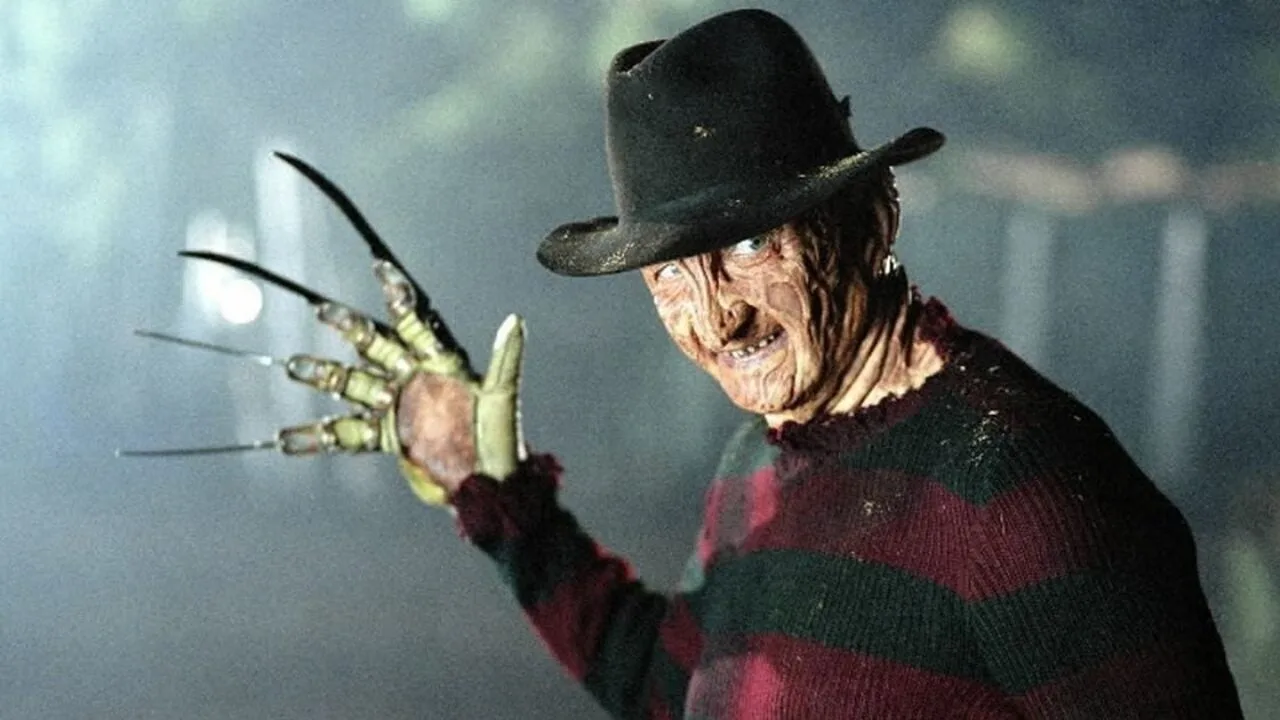
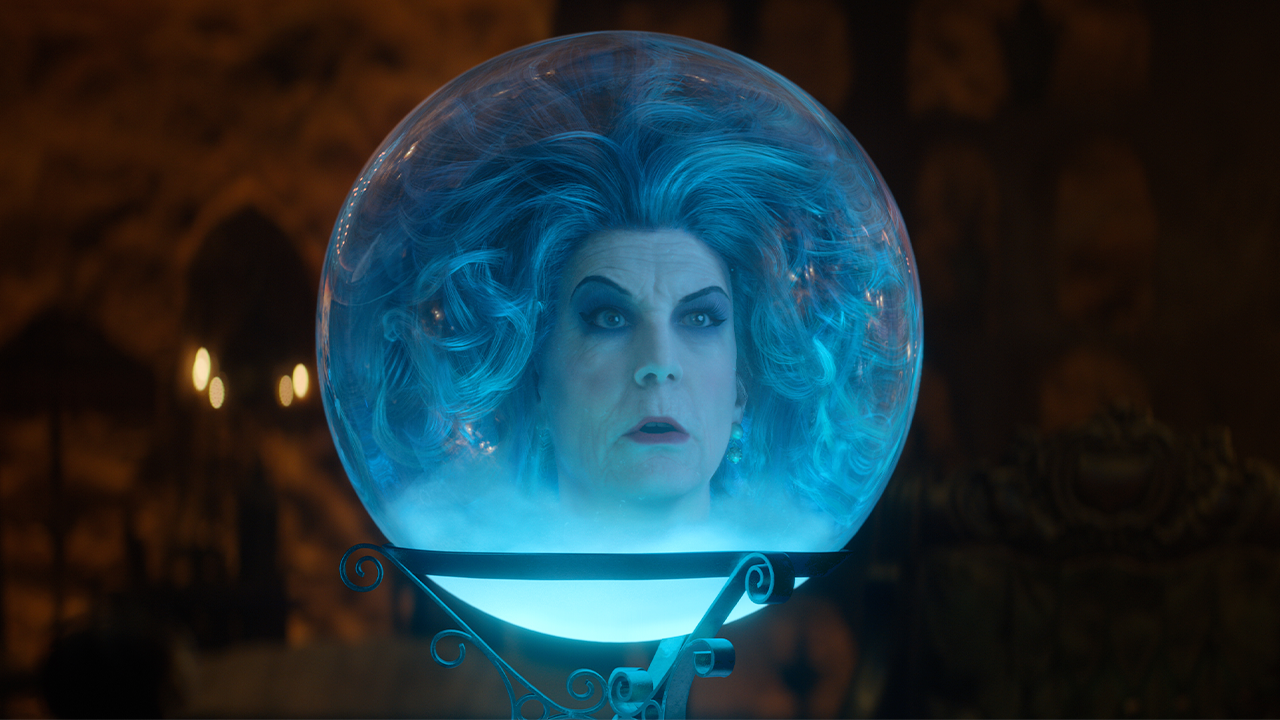
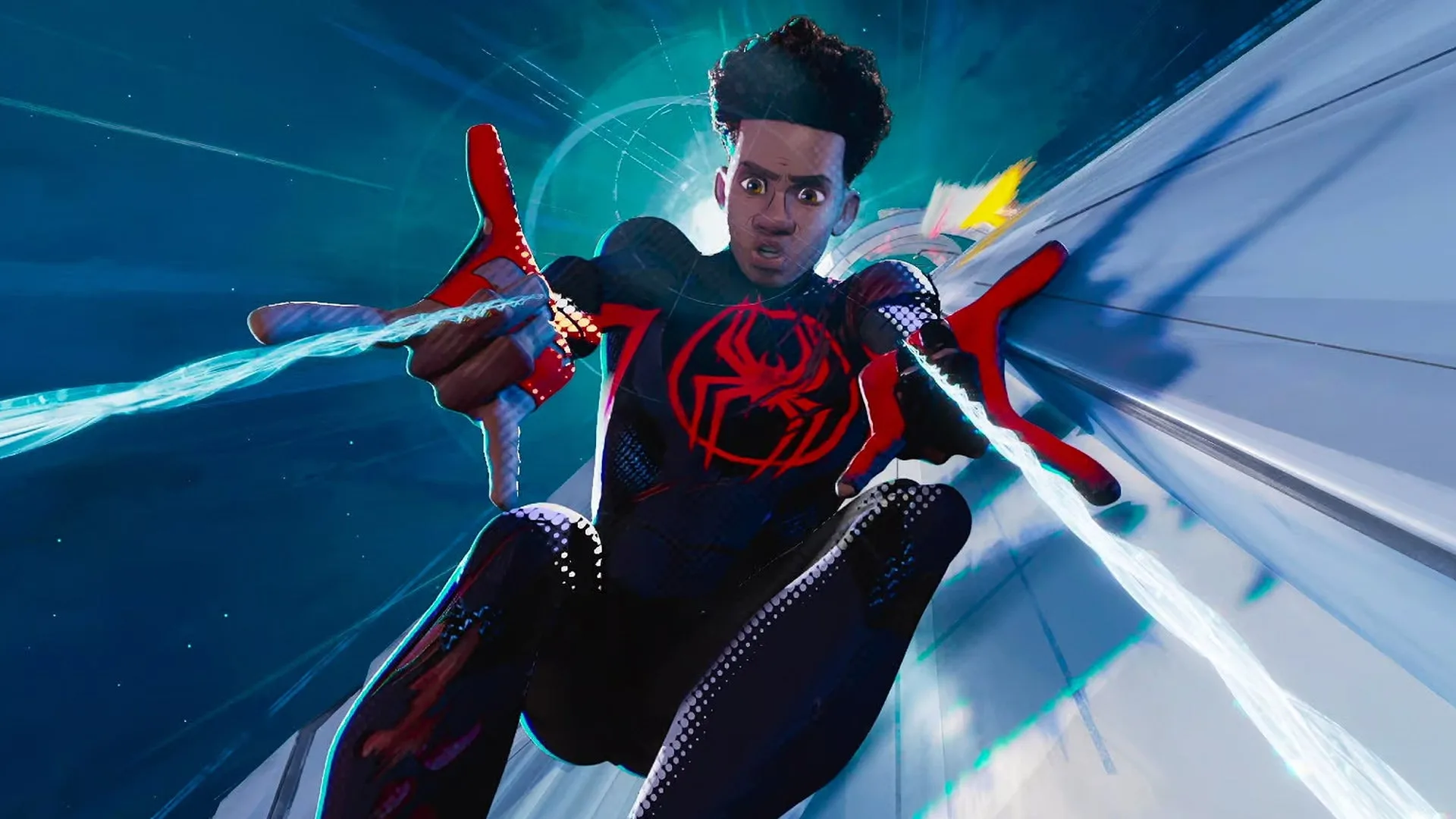


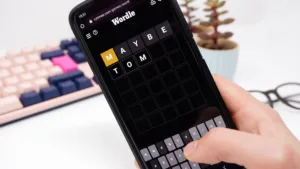

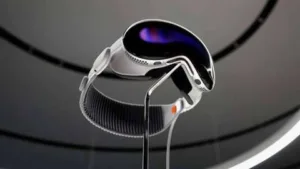
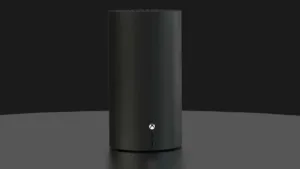

Post Comment